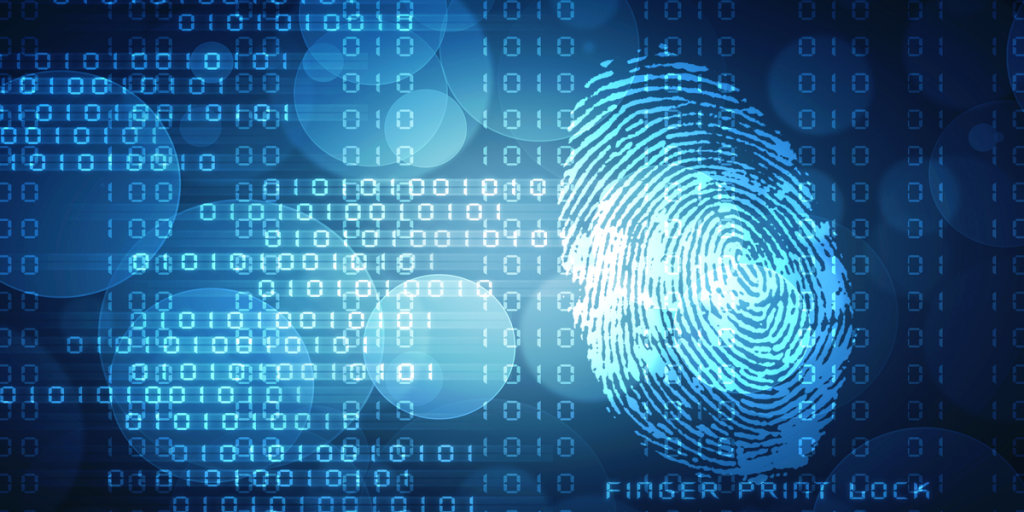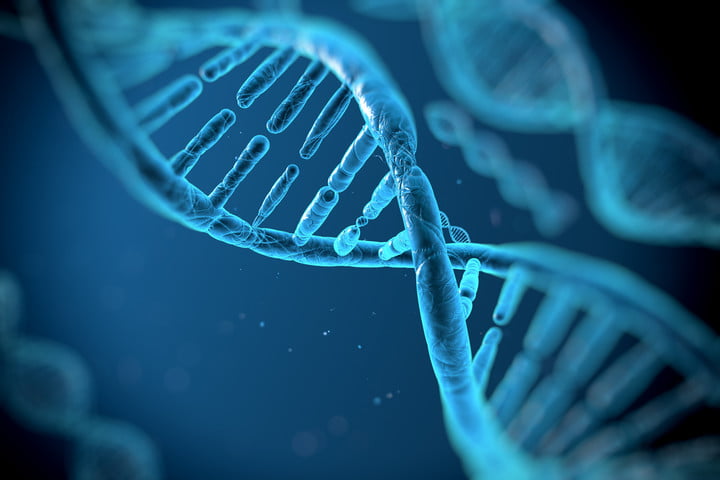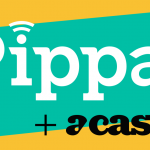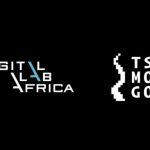TechInAfrica – According to the United Nations Department of Economic and Social Affairs (UN DESA)—World Urbanization Prospects: the 2018 Revision—around 10 fastest growing cities are in Africa. The continent is transforming its economy aligned with the digital revolution.
For almost a decade, the internet adoption rate on the continent has become the fastest in the world. Last year, internet adoption in Africa increased by 20%. By this, the digital economy on the continent expected to grow over US$300 billion by 2025 according to McKinsey Global Institute.

Digital identification systems are part of the most essential infrastructure to get access to new social and economic opportunity, including access to education, employment, financial services, mobile communication, e-voting, et cetera. According to ID4Africa’s survey in 2018, around 60% of Africans believed that their governments would introduce new identity systems in the next two years in order to promote the African Continental Free Trade Area (AfCFTA) and to deliver public services more effectively.
Many studies found that the adoption of digital identity in Africa is more than any other regions in the world. However, this also leads to insecurity or risks if the systems are not equipped with safeguards. Thus, the identity data should be protected in order to help in empowering Africans.
The digital identity is such a complex task that includes moral, economic, political, and technological options. Many entities such as the African Union, UN Economic Commission for Africa, Smart Africa, Internet Society, Digital Rights Hub, the World Bank, and so on have actively provided governments, business, and civil society with tools and training to bring positive outcomes for people.

They help all of 54 African Union governments to implement a shared set of principles for Good Digital Identity in Africa. The principles present an African view on data ownership, inclusion, interoperability across borders, compatibility with existing systems, privacy, security, safeguards, neutrality, governance, and accountability. The framework is building on the African Union Data Protection Guidelines and the Principles on Identification for Sustainable Development, as well as used to tackles some issues in exclusion, discrimination, surveillance, consent, and other current issues.
Technology brings new risks and dilemmas to society, businesses, and other stakeholders who utilize it. Therefore, governments and companies should deliver solutions that can protect and empower citizens.
In Africa, digital identity systems are predicted to unlock at least 6% of GDP growth and nearly 50% of the GDP can go directly to the citizens. However, the achievements will only possible if digital identity is implemented with transparency, accountability, and trust.

If it’s truly implemented by the governments and all stakeholders involved, Africa or even the world will be free of hunger, disease, illiteracy, gender inequality, and other global challenges. All ID must be Good ID and everyone should trust the ID because it empowers them and not put them at risks. Without trust in the Good ID, Africans will still never escape from their daily issues in health, education, financial services, employment, et cetera. The good ID can improve the quality of digital identities equipped with safeguards embedded in technology, policy, and practices while at the same time allows Africans to be involved and get the benefits of the digital economy.
The original article is written by Magdi Amin, an Investment Partner with Omidyar Network titled Good ID for Africa: Protecting the Identity of Africans in a Common Digital Market.


